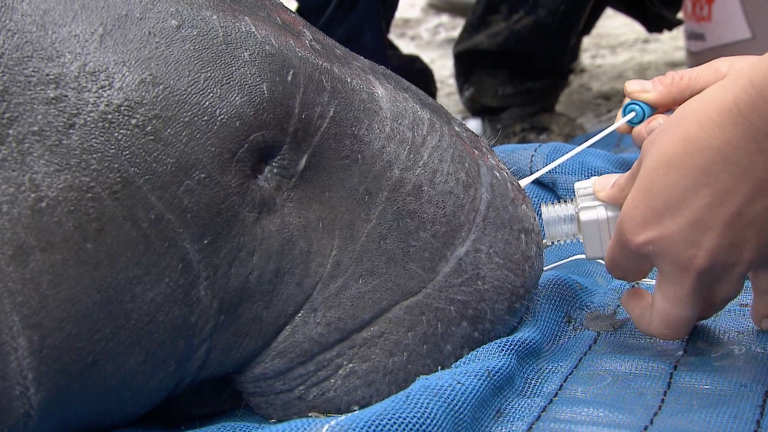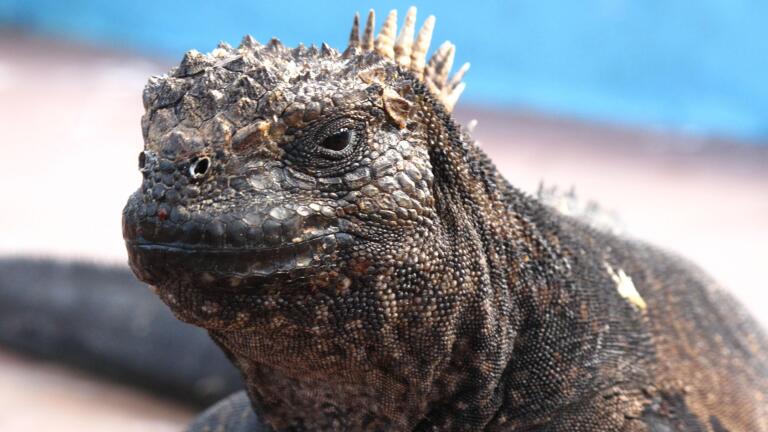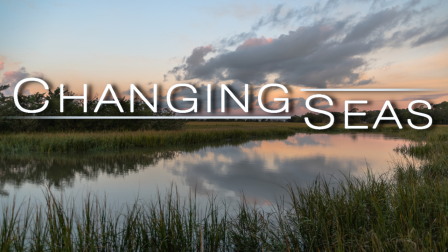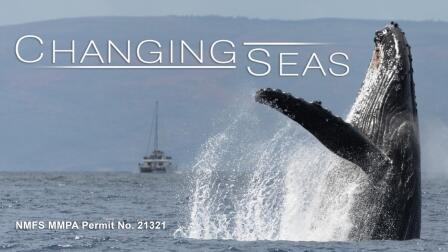
Access to this video is a benefit for members through PBS Passport.
Back to Show
Changing Seas
Toxic Waters
Season 11
Episode 1102
Harmful algal blooms come in many forms, from toxic outbreaks impacting the health of animals and humans, to non-toxic but expansive sargassum mats devastating local economies and tourism. Scientists are working to understand what causes these blooms, how they impact us, and how we can stop them.
Support Provided By

Unlock with PBS Passport
26:43
Visit the remote Pacific, the islands of Maug - a natural laboratory for scientists.

Unlock with PBS Passport
26:43
Scientists take advantage of manatee gatherings to study them.

Unlock with PBS Passport
26:43
Some scientists are suggesting that ctenophores are the oldest sea animals.

Unlock with PBS Passport
26:43
Discover how some fish species change their sex.

Unlock with PBS Passport
26:44
Researchers provide data necessary to protect fish populations from further decline.

Unlock with PBS Passport
26:42
Researchers study what impact ecotourism might have on southern stingrays.
26:43
Researchers are beginning to understand where turtles go during their “lost years.”

Unlock with PBS Passport
26:54
Scientists conduct research to save the Smalltooth Sawfish.

Unlock with PBS Passport
27:02
Scientists spend a month in the Galapagos Islands to conduct research.

Unlock with PBS Passport
26:54
The world’s largest known aggregation of whale sharks occurs just off the coast of Cancun.

Unlock with PBS Passport
26:48
Discover Crinoids which have been around since before the age of Dinosaurs.

Unlock with PBS Passport
26:46
The Changing Seas team meets with researchers in French Polynesia.











